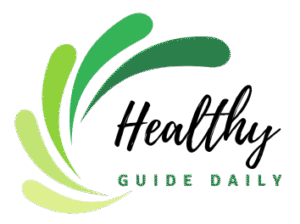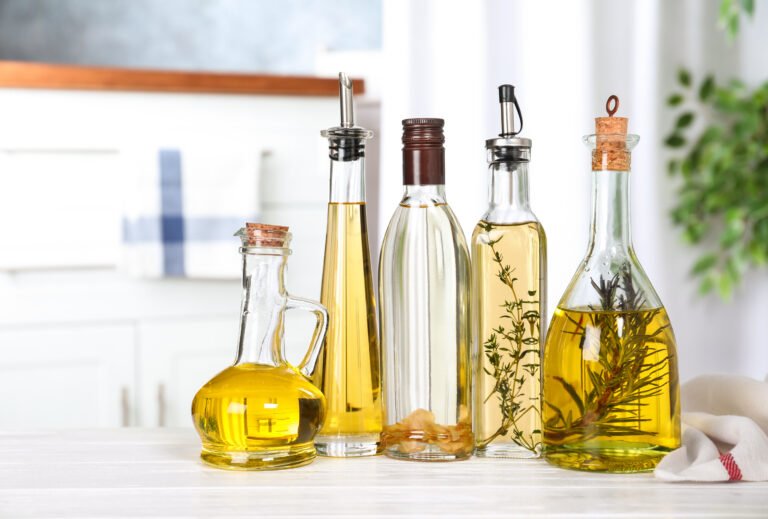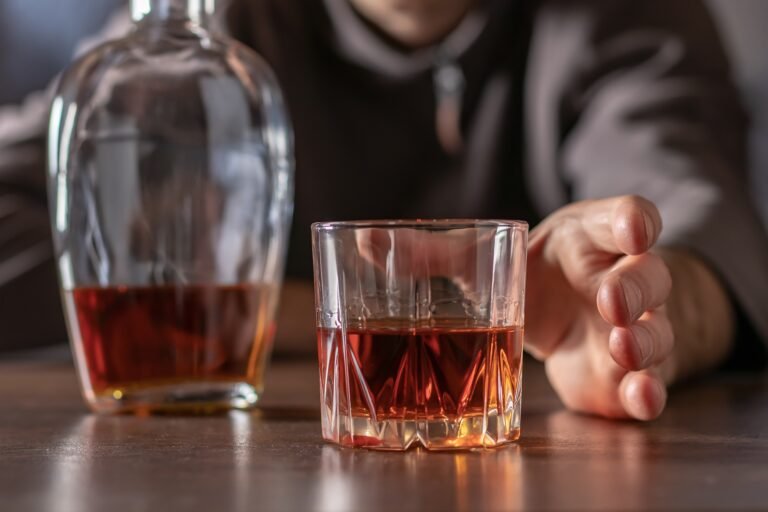Heavy drinkers are not just rolling the dice with their livers—they are setting themselves up for strokes over a decade earlier than their teetotaling peers.
Story Snapshot
- Heavy drinking accelerates stroke onset by 11 years compared to non-heavy drinkers.
- Hemorrhagic (bleeding) strokes strike younger and hit harder among those who consume large amounts of alcohol.
- Robust research links heavy alcohol use to increased brain vessel damage and long-term cognitive decline.
- Public health experts now push for more aggressive prevention and education targeting at-risk adults.
Heavy Drinking and the Early Stroke Trap: An Unforgiving Timeline
Recent studies published in Neurology® and spotlighted by Mass General Brigham cast an unflinching light on a hidden crisis: heavy drinkers are, on average, suffering strokes at age 64—eleven years younger than their non-heavy drinking peers. This isn’t just a statistical blip. These younger strokes are more severe, more likely to involve brain bleeds, and leave survivors grappling with greater lifelong disability. For anyone who cherishes the idea of a long, healthy retirement, these findings deliver a jolt of reality that’s hard to ignore.
Lead investigator Dr. M. Edip Gurol’s team tracked large, multi-national cohorts and found a direct relationship between heavy drinking and earlier, more devastating strokes, especially the hemorrhagic type that can kill or disable in minutes. The culprit? Cumulative damage to the brain’s tiny arteries—a process invisible for years but catastrophic when it finally strikes.
Watch:
Cerebral Small Vessel Disease: The Silent Accelerator
State-of-the-art neuroimaging now allows scientists to see the scars left by years of alcohol abuse. Heavy drinkers show more pronounced signs of cerebral small vessel disease—tiny but widespread damage that weakens the brain’s delicate plumbing. This silent form of injury doesn’t announce itself with symptoms until it’s too late. Instead, it chips away at brain health, lowering the threshold for catastrophic bleeds. Dr. Gurol’s research confirms that heavy drinkers’ brains age faster, setting the stage for strokes in the prime of life rather than in old age. These findings have deep implications for how we think about risk. The old narrative—worry about strokes only after sixty-five—no longer fits.
Public Health Messaging and the Changing Face of Stroke
Stroke remains a leading cause of death and long-term disability. Yet, public health campaigns have historically focused more on heart attacks and liver disease, often leaving the unique risks of stroke in the shadows. The new research forces a reckoning: more adults in their fifties and early sixties are now experiencing strokes, driven in part by shifting patterns of heavy and binge drinking. The implications ripple outward. Younger stroke survivors face decades of lost productivity and mounting medical bills.
The Debate: How Much is Too Much, and What Comes Next?
Experts agree that heavy drinking is a modifiable risk factor for early, severe strokes. Still, questions linger about what constitutes “heavy” in practical terms and how patterns like binge versus chronic consumption shape the risk. While some earlier studies found no link between recent heavy drinking and ischemic (clot-based) strokes, the association with hemorrhagic (bleeding) strokes is now undeniable. Ongoing research aims to clarify the thresholds and mechanisms, but the message is already clear for anyone listening: when it comes to brain health, more is not better, and the clock starts ticking sooner than most realize.
Sources:
Bleeding strokes strike earlier and harder in heavy drinkers
American Academy of Neurology Press Release
Mass General Brigham: Heavy Alcohol Use Linked to Brain Bleed Risk
PMC: Alcohol Consumption and Stroke
American Heart Association: Alcohol and Stroke Risk







